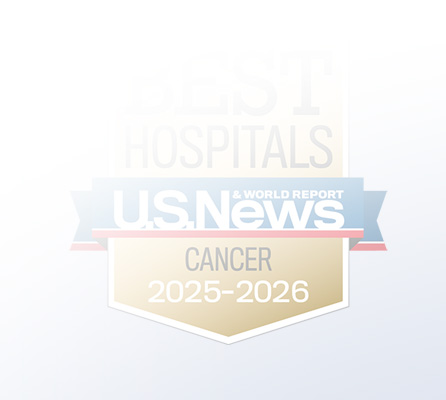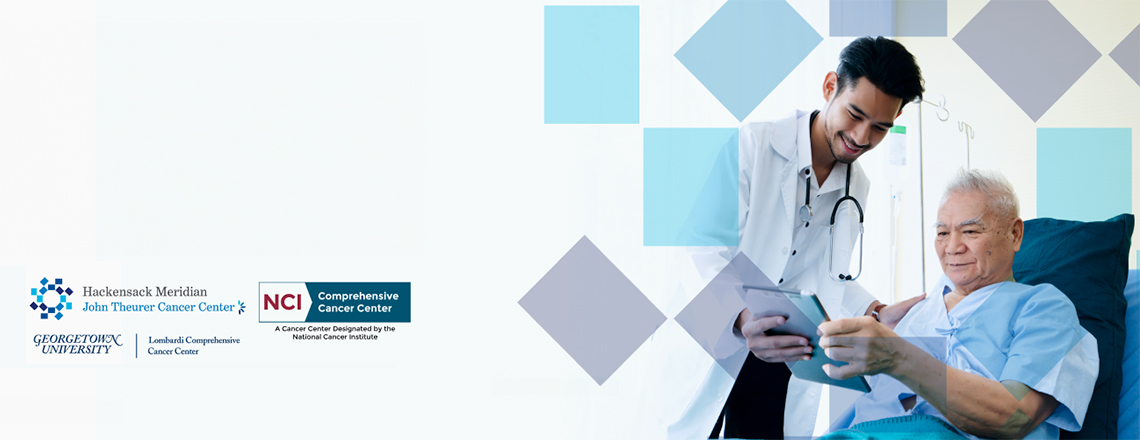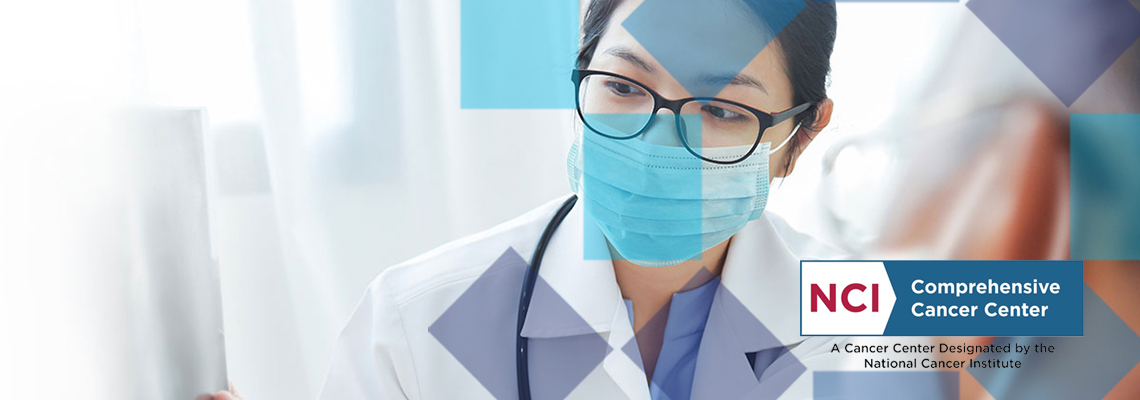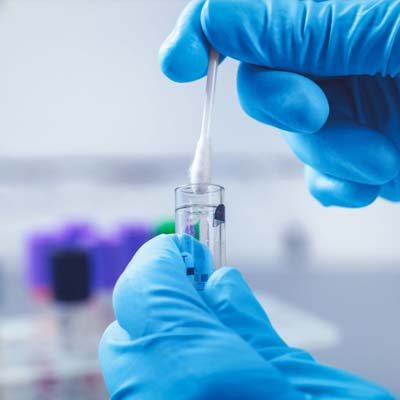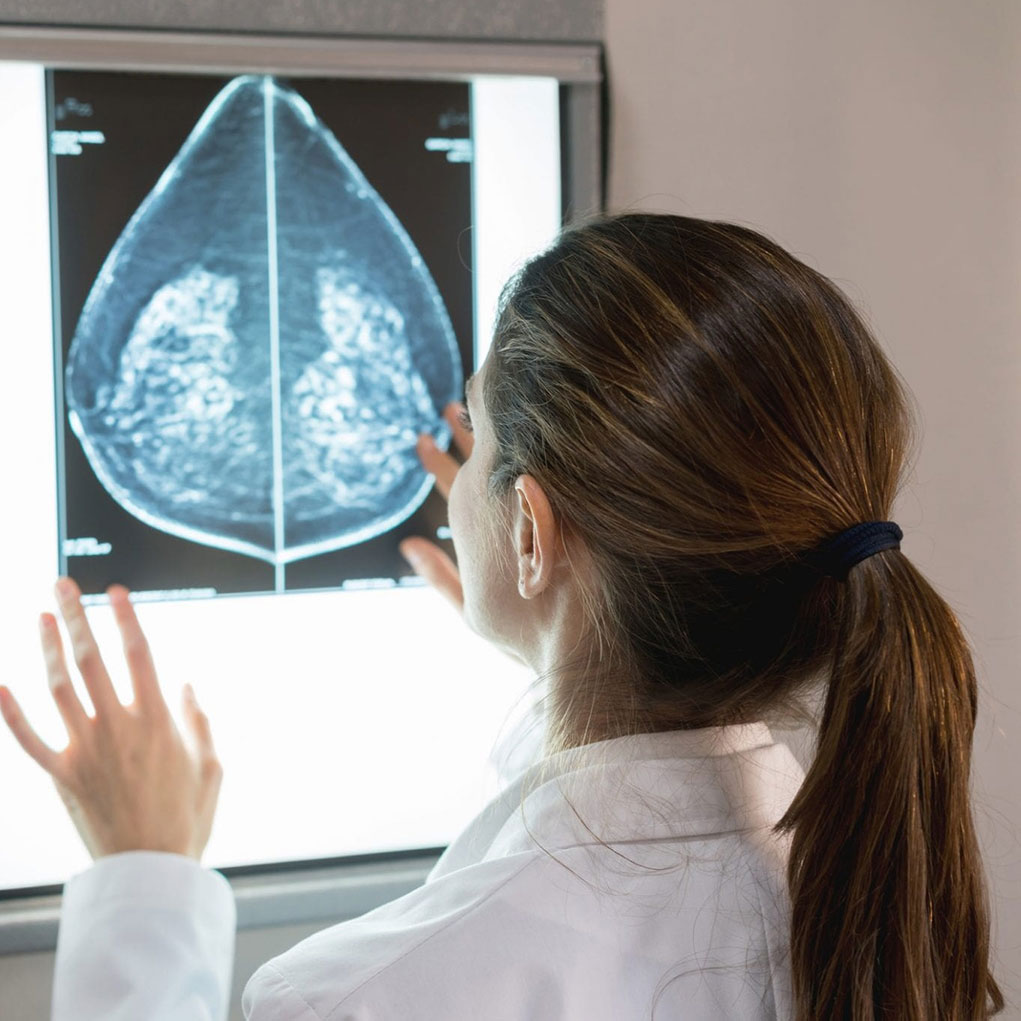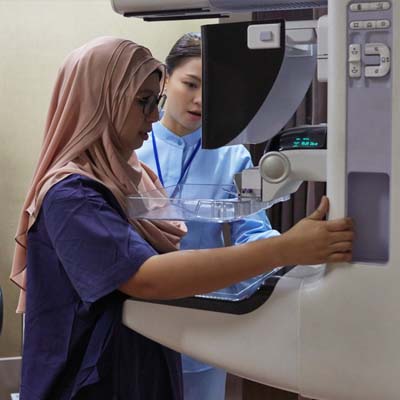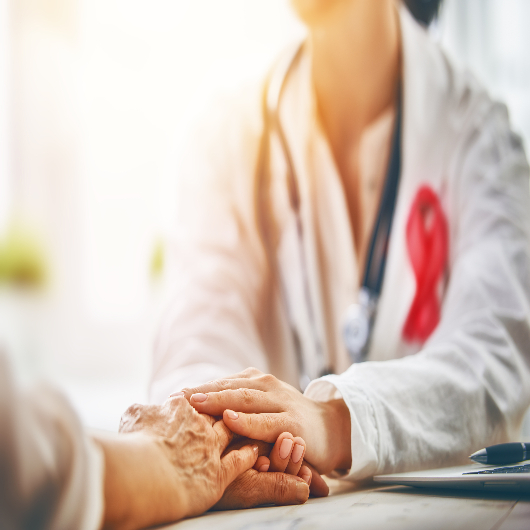Frequently Asked Questions About Cancer Clinical Trials
Clinical trials are an option for many people with cancer and provide the earliest access to the newest and most promising cancer therapies. Participating in a clinical trial can allow you to be among the first in the world to receive potentially lifesaving therapies. These studies are essential for progress to be made against cancer and have formed the basis for most cancer treatments used today.
You may consider participating in a clinical trial if:
- No current treatment exists for your type of cancer
- Standard treatment was unsuccessful
- Your cancer has returned
- You want to help advance medical science that will help cancer patients today and in the future
You and/or your insurance provider may have to pay for medical services that you receive while participating in a research study. For example, you and/or your insurance provider will be billed for any medical services and tests that you receive while you are participating in a research study that are part of your regular medical care. Such services are considered “standard of care” and are services that you would receive even if you were not participating in the study. You will be responsible for any deductibles or co-pays required by your insurance provider for standard of care medical services.
However, some services or tests that you may receive as a research study participant may be solely for the purposes of the clinical trial. You and your insurance provider will not be billed for services or tests that are not considered standard of care.
A member of the study team or research billing team can explain which services or tests will be billed to your insurance provider or to you, and will be glad to answer any questions you may have about billing during your participation in a research study.
It takes years to develop, test and perfect a new cancer treatment. A clinical trial is the last step in studying a new treatment before it can be approved by the U.S. Food and Drug Administration (FDA). Clinical trials are conducted in phases, starting with the smallest group and then expanding to all patients.
Phases of Clinical Trials
- Phase I studies are the first step, assessing the best dose of a new drug or treatment combination in a small group of patients (15-30 people). Our dedicated Phase I Clinical Trials Program enables you to receive innovative therapies, including novel combinations, at the earliest stage of development. John Theurer Cancer Center has the highest number of early-phase clinical trials in New Jersey.
- Phase II studies evaluate safety and effectiveness of the new treatment in more patients (less than 100).
- Phase III studies compare the safety and effectiveness of the new treatment to a placebo (inactive therapy) or to a standard therapy already in use. These studies involve 100 to as many as several thousand people.
- Phase IV studies further assess the long-term safety and effectiveness of an FDA-approved treatment in very large groups of patients.
To scientifically assess a new treatment, clinical trials may be designed as:
Randomized: Patients are randomly assigned to a study group. This way researchers can measure how well a new treatment works compared to a current treatment.
Blind: If a clinical trial is blind, patients do not know which treatment they receive. This keeps patients from unknowingly influencing the results.
Double-blind: If it is double-blind, neither the researchers nor the patients know who receives which treatment. This prevents patients and researchers from unknowingly influencing the results.
Including a placebo group: Rare in cancer clinical trials, a placebo is designed to look like the treatment but has no effect. It may be used when a new treatment is added to a current treatment to keep the study blinded.
All clinical trials have guidelines called “inclusion criteria” which explain who can participate. These criteria include, for example, the type and stage of disease you need to have to be in the study, information about prior treatments, your overall state of health, and your age, among other factors. Your care team can help you identify clinical trials for which you may be eligible, how long you may be in the study, and what to expect during your experience on the study so you can make an informed decision about participating. This process is called “informed consent” and enables you to learn the purpose, risks, and benefits of a clinical trial before deciding whether to join.
You will be screened for the clinical trial’s enrollment criteria, which may include:
- type and stage of cancer
- age range
- medical history
- overall health status
Your participation in a clinical trial is completely voluntary and you can withdraw at any time.
Each clinical trial has a protocol that outlines every detail of the study. The protocol is approved and monitored by our cancer center’s Institutional Review Board (IRB) to protect your safety and your rights. A protocol includes:
- Goal of the clinical trial
- Data the clinical trial will collect
- Patient enrollment criteria
- Length of time, including enrollment period, treatment and follow-up
- How the treatment will be delivered, the dose and how often
- Required tests
- Principal investigator (usually a doctor or Ph.D. researcher) responsible for the clinical trial
Participating in a clinical trial can have its risks and benefits. It’s important to weigh those when deciding whether to enroll.
Risks
- You are not guaranteed any benefit compared to standard treatment
- You may experience unforeseen side effects
- Clinical trial treatment can require more time and testing than standard treatment
Benefits
- You have access to an innovative cancer treatment that is not available to all patients
- Provides hope when other treatments have failed
- Being in a clinical trial can be rewarding, knowing you are helping advance our understanding of cancer and its treatments for today and the future
John Theurer Cancer Center conducts more clinical trials than any other cancer center in New Jersey, and enrolls more than 1,500 patients each year.
No one is better equipped to provide you with the most innovative approaches to treating cancer. Ask your doctor if you may qualify for a clinical trial at John Theurer Cancer Center for your type of cancer, or contact our cancer clinical trials office at 551-996-1777.
Learn more about Clinical Trials at John Theurer Cancer Center.


